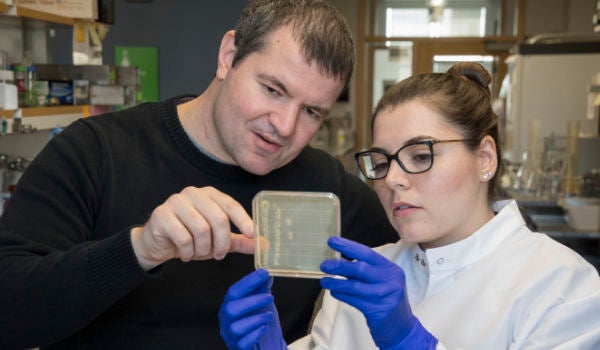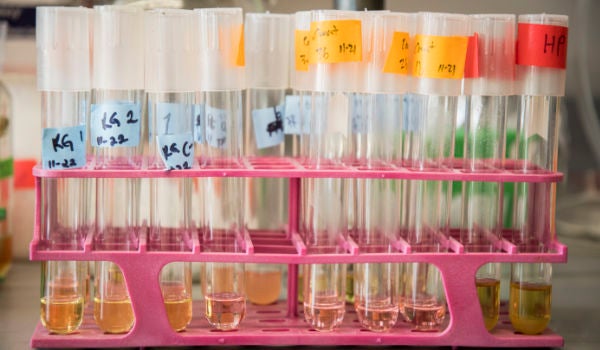Cells and molecules are the basic units that all life is built upon. Disciplines that study them — molecular biology, the biomedical sciences, and biotechnology — are among the most exciting and challenging scientific fields, and are at the forefront of efforts to overcome many of the greatest challenges of the twenty-first century: climate change, world hunger, heart disease, cancer, and emerging and infectious diseases.
The Department of Cell and Molecular Biology offers cutting-edge and internationally recognized programs for undergraduate and graduate training, offering solid foundations in biochemistry, microbiology and molecular genetics. The broad range of research interests among our faculty include the study of the molecular origins of cancer and infectious disease, vaccine development, the roles of microorganisms in nutrient cycling and metabolism, the molecular basis of microbial virulence, and the genetic modification of plant genomes for trait improvement.



